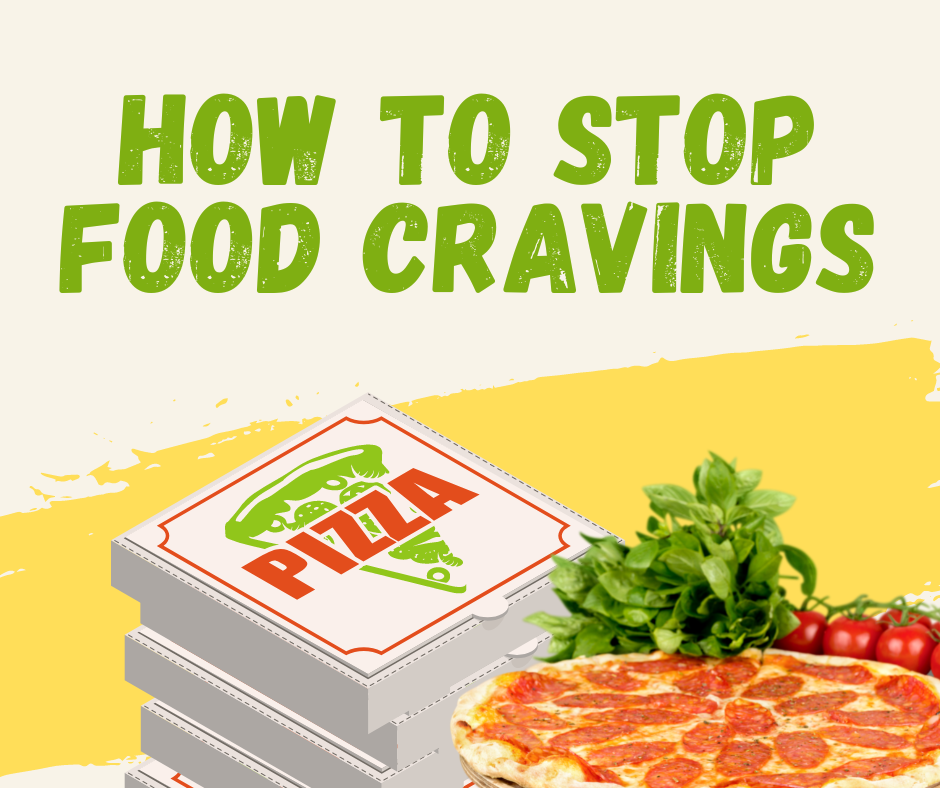

Contrary to popular belief, not being able to stop food cravings has nothing to do with willpower. We mostly require oxygen, food, and water to maintain life. The body and brain have robust processes that cause us to breathe, eat, or drink if we deprive ourselves of any of these for an extended amount of time (not very long, in the case of oxygen).
Regarding eating, the brain is susceptible to sharp decreases in blood sugar. As a result, it releases a series of hormones. These hormones make us seek sugars and other sweets to restore blood sugar levels. Our fat cells and intestinal system also release hormones that alert us to the need for food.
A system of substances that circulate in the blood and are perceived and responded to by the brain helps those without weight problems control their appetite. These include hormones, peptides, neurotransmitters, and glucose. People of a healthy weight typically don’t have excessive cravings for unhealthy foods. At the proper periods, they merely experience hunger. When individuals consume reasonable-sized quantities that don’t contribute to weight gain, they are more likely to feel fulfilled.
Unfortunately, this intricate mechanism of hunger control is disturbed in overweight and obese people. When their belly fat cells grow, insulin resistance increases. This is the leading cause of this disturbance.
Eat consistently.
The first piece of advice to remember is to eat consistently throughout the day to stop your food cravings. This is for YOU, meal skippers! Consistent eating will result in more stable blood sugar levels. It is essential for minimizing blood sugar swings that trigger cravings. Throughout the day, try to eat every three to four hours to ensure that you give your body the consistent nutrients it requires. Thankfully, you can make lots of scrumptious meals without spending too much time in the kitchen.
Do everything you can to prevent this because cravings will always be more decisive as your hunger level rises. Always keep food close by so you are ready to chew!
Reduce stress.
Hunger desires can be influenced by stress. Persistent stressors might make some people crave items that are higher in calories or sugar. Eliminating cravings could be made more accessible by finding techniques to minimize stress. Simple stress-reduction techniques, such as taking frequent breaks from work or even just a few deep breaths, can assist the body in refocusing and calming the mind.
Try attentive stress-relieving activities such as yoga, tai chi, guided meditation, and breathing techniques.
Utilize the urge to your advantage.
Wait… what? Surf the urge instead of attempting to suppress it altogether. A mindfulness practice called urge surfing is based on the idea that food cravings should be accepted for what they are rather than being resisted and forced to stop.
When you sense a craving, pause and pay attention to it to practice urge surfing. Don’t try to make it disappear; accept it for what it is. Close your eyes, sit, and focus on your thoughts and physical sensations. Speaking out loudly about your feelings and thoughts throughout an experience is helpful. Accept that they are there and ride them out rather than attempting to push them away.

